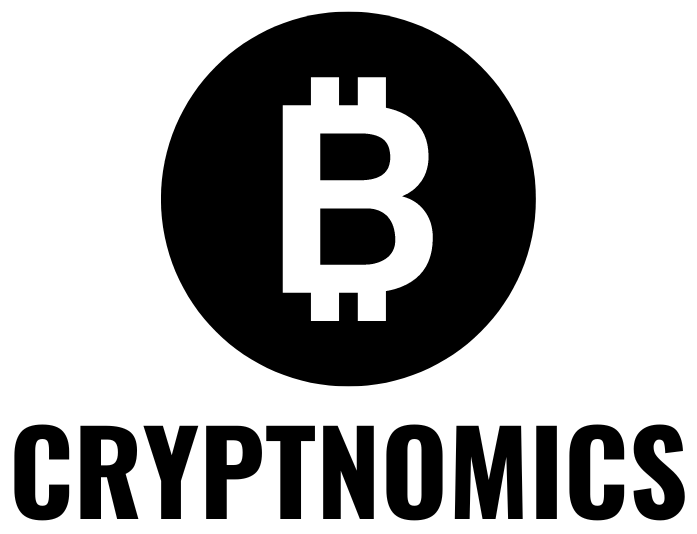As the world grapples with ongoing economic challenges, the role and effectiveness of the Federal Reserve have come under scrutiny. This article delves into the central bank’s history, its impact on the economy, and the heated debate surrounding its future. Is it time for a change, or does the Federal Reserve still serve a vital purpose?
Established in 1913, the Federal Reserve (Fed) was designed as a central banking authority to stabilize the U.S. economy and thwart financial crises. Conceived in response to a series of banking panics, its primary objectives were to ensure monetary stability and act as a lender of last resort.
Fast forward a century, and the institution now confronts skepticism. Amid persistent and pervasive economic turbulence, has the Fed’s relevance waned?
Economic Turbulence and the Fed’s Impact
The U.S. economy has recently faced unprecedented volatility, with the Great Recession and the COVID-19 pandemic as notable examples. Critics point fingers at the Fed, asserting that its policies, including low interest rates and monetary easing, have fueled economic uncertainty and exacerbated the wealth gap.
Proponents, conversely, claim the central bank remains vital in steering the nation through stormy financial seas, citing its role in managing inflation and promoting employment.
Quantitative Easing: Blessing or Curse?
When crises emerge, the Fed often deploys quantitative easing (QE). This unconventional strategy entails purchasing bonds to pump funds into the economy. By design, QE reduces interest rates and encourages lending, stimulating economic growth. However, critics argue that it has generated asset bubbles and increased income inequality, as the wealthy disproportionately benefit from rising asset prices.
Furthermore, QE has expanded the Fed’s balance sheet, raising concerns about long-term consequences and the potential for more inflation. The recent Silvergate and Silicon Valley Bank bailouts have added $300 billion.
The Independence Debate
The Fed’s independence from political influence is a double-edged sword. On one hand, it fosters impartial decision-making, ensuring that monetary policy is determined by economic factors rather than political pressures.
Conversely, it raises concerns about accountability and clarity. As unelected officials make decisions that profoundly impact the U.S. economy, some argue for a more democratically accountable central bank or increased congressional oversight.
Alternatives to the Federal Reserve
Dismantling the Federal Reserve would necessitate alternatives. Some propose a return to the gold standard, which would tie the value of the U.S. dollar to a fixed quantity of gold. This approach could reduce the risk of inflation but limit the government’s ability to respond to economic fluctuations. Others advocate for rules-based policies like the Taylor Rule to guide interest rates based on macroeconomic indicators. However, rigid adherence to such rules could reduce the flexibility needed to address unforeseen economic shocks.
Cryptocurrency-backed monetary systems have also been suggested as an alternative to the legacy financial system. Proponents argue that decentralized currencies like Bitcoin offer increased transparency and reduced susceptibility to manipulation. However, critics point to the extreme price volatility and environmental concerns associated with cryptocurrencies as significant drawbacks.
Lessons from Abroad
International comparisons offer valuable insights. Central banks around the world have faced similar criticisms, from the European Central Bank to the Bank of Japan.
In Europe, the ECB’s negative interest rates and quantitative easing measures have been controversial, while the Bank of Japan’s aggressive monetary easing has raised concerns about long-term sustainability. Examining their successes and failures may provide guidance on whether the Fed should be reformed or replaced.
Federal Reserve: The Road Ahead
The debate surrounding the Federal Reserve is complex and multifaceted. Scrapping the institution would entail significant ramifications for the U.S. and the global economy, potentially leading to greater financial instability.
Reforms may offer a more pragmatic approach, but finding a consensus on the most effective changes remains an arduous task. Enhancing transparency, increasing democratic accountability, and adopting more targeted policy tools could be steps toward improving the Fed’s performance and credibility.
Reforms
One potential reform involves implementing clear communication strategies to enhance transparency and manage market expectations. The Fed has taken steps in this direction, such as adopting forward guidance and holding press conferences after policy meetings. However, further efforts to clarify policy goals and decision-making processes could strengthen public trust.
Another avenue for reform could be revisiting the Federal Reserve’s dual mandate of maximum employment and price stability. Reassessing these objectives and potentially incorporating new targets, such as financial stability or focusing on reducing income inequality, might better align the Fed’s mission with contemporary economic challenges.
Innovation
Moreover, exploring innovative policy tools could prove fruitful. Central banks worldwide have experimented with unconventional measures, such as negative interest rates and yield curve control. While these approaches are not without controversy, they demonstrate a willingness to innovate in pursuit of economic stability. The Fed could benefit from investigating and adopting novel strategies that best serve the US economy’s needs.
Ultimately, determining if it’s time to abandon the Federal Reserve requires thorough analysis, open discussion, and a readiness to explore innovative approaches. The future of the U.S. (and global) economy hinges on striking the delicate balance between stability and adaptability.
In an increasingly interconnected and rapidly changing world, the Federal Reserve’s role must evolve to remain relevant, effective, and accountable. The challenge lies in determining the most prudent path forward. The consequences of inaction or ill-advised decisions could reverberate for generations to come.
Disclaimer
All the information contained on our website is published in good faith and for general information purposes only. Any action the reader takes upon the information found on our website is strictly at their own risk.



